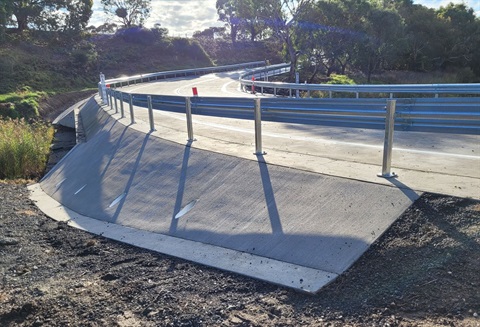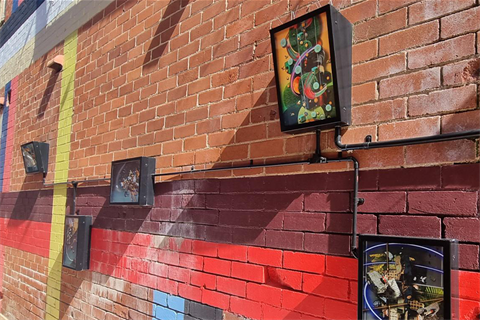Macquarie University congratulates its finalists in the 2019 Australian Museum Eureka Prizes.
Macquarie University has four finalists in the prestigious Australian Museum 2019 Eureka Prizes.
They are:
The National Indigenous Science Education Program (NISEP) – coordinated by Associate Professor Joanne Jamie, Dr Ian Jamie and Associated Professor Subramanyam Vemulpad – which places Indigenous secondary students in STEM leadership positions (Eureka Prize for STEM Inclusion);
The Blue Carbon Horizons project – including Professor Neil Saintilan – which reveals why coastal wetlands are an important element of climate change mitigation (Eureka Prize for Environmental Research);
And Dr Sophie Calabretto, a mathematician who is determined to change the perception that maths is only for very smart people (Eureka Prize for Promoting Understanding of Science).
“These results are a great illustration of the depth and breadth of the research being done here,” says Dr Barbara Messerle, Executive Dean of the Faculty of Science and Engineering at the university.
“Individually and together the four nominations show that although the work falls in different fields there is a common focus on empowering people, particularly young people, to build informed and sustainable futures.”
This concern is also reflected in the university’s own contribution to the annual prizes – the Macquarie University Eureka Prize for Outstanding Early Career Researcher.
The prize is intended to encourage and support young scientists in the development of successful longer-term projects to ensure the best outcomes for Australian research.
“Our scientists have made significant global impacts across science and engineering,” says Dr Messerle.
“By sponsoring this award, we want to do our bit to ensure that talented early career researchers can feel supported and appreciated here on home soil.”
This year’s finalists are Associate Professor Laura McKay at the University of Melbourne, who works on how the immune system remembers; Dr Qilin Wang at the University of Technology Sydney, who has invented an environmentally friendly technology that produces energy from sewage treatment plants; and Dr Jiajia Zhou, also at the University of Technology Sydney, who has created nanomaterials that convert infrared light into visible light.
Last year’s winner was Dr Mohsen Rahmani, from the Australian National University, who developed a new class of nanoscale surfaces for miniaturised consumer devices.
The Eureka Prize winners will be announced at an award ceremony on 28 August at Sydney Town Hall.








